The week's good news: Nov. 9, 2023
It wasn't all bad!


- Bride and groom move up wedding ceremony in order to adopt puppy
- Noninvasive form of deep brain stimulation could be a treatment for brain diseases
- Therapy pony makes 'beautiful' connections with nursing home residents
- More than 30 years of unique collaborative research honored in Australia
- 94-year-old stumbles upon his dad's 1930s car
A free daily email with the biggest news stories of the day – and the best features from TheWeek.com
You are now subscribed
Your newsletter sign-up was successful
Bride and groom move up wedding ceremony in order to adopt puppy
Eduardo Del Pozo and Regan Mast were only a party of two for a few hours. On Oct. 28, the Virginia residents, both Marine sergeants, got married at 9 a.m. At 11 a.m., they were at an animal shelter in Lorton, Virginia, adopting a 4-month-old German shepherd named Daisy. Initially, their wedding ceremony was supposed to start at 11, but after watching a video of Daisy, they fell in love and knew they needed to be first in line to adopt her. They had a civil ceremony planned, and their friends and relatives agreed to gather earlier. "We were excited to get married, and we were also excited to adopt Daisy," Del Pozo told The Washington Post. Once the adoption was official, Del Pozo and Mast brought Daisy to their reception, where she was the star of the show. "Everyone is really happy that we were able to add her to our family on our special day," Mast said.
Noninvasive form of deep brain stimulation could be a treatment for brain diseases
Researchers in the United Kingdom have developed a noninvasive form of deep brain stimulation that they hope could ease symptoms and slow the progression of Alzheimer's disease. Usually, deep brain stimulation involves surgery, with electrodes implanted into specific areas of the brain. These electrodes then generate electrical impulses that reduce abnormal brain activity. Some neurological conditions, including Parkinson's, are treated with deep brain stimulation, but it's too invasive for all but the most severe cases of Alzheimer's. Now, scientists at the U.K. Dementia Research Institute have found a way to perform deep brain stimulation without surgery, placing the electrodes on the scalp. They produce overlapping electrical fields that target the hippocampus, an area key to learning and memory. In a trial of this noninvasive form of deep brain stimulation, 20 healthy volunteers found it easier to memorize pairs of faces and names. Next, the technique will be used on people with early-stage Alzheimer's.
Therapy pony makes 'beautiful' connections with nursing home residents
A pony named Poppy is bringing smiles to nursing home residents across Swindon, England. Poppy is a therapy pony that makes the rounds with her owner, Sarah Woodland, and is allowed to visit with residents inside their rooms. Woodland said Poppy is "very empathetic" and "incredibly kind," and when it comes to interacting with the elderly, "she's got like a sixth sense. She knows to be gentle and to be patient and to be kind." When Poppy meets someone who is especially frail, she will "rest her head on their lap," Woodland said. "It's just beautiful." The residents not only enjoy petting Poppy, but also having conversations with Woodland. "Many can't go up and get around, and this is nice for them," Woodland said, adding that Poppy's visits "bring the outdoors in."
The Week
Escape your echo chamber. Get the facts behind the news, plus analysis from multiple perspectives.

Sign up for The Week's Free Newsletters
From our morning news briefing to a weekly Good News Newsletter, get the best of The Week delivered directly to your inbox.
From our morning news briefing to a weekly Good News Newsletter, get the best of The Week delivered directly to your inbox.
More than 30 years of unique collaborative research honored in Australia
John Watson, a Nyikina Mangala elder from Western Australia, and other members of his community knew that the bark from a mudjala mangrove tree can offer pain relief. That's why when part of his finger was bit off by a crocodile during a hunting trip, he chewed on some bark and applied it to his wound. Researchers from Griffith University, led by Prof. Ronald Quinn, heard about this, and partnered with Watson's community to learn more about the bark. This was over 30 years ago, and since then, they have found the bark's compounds have anti-inflammatory and pain relief properties that are "stronger than morphine," Watson told Australia's ABC News. The goal is to use these properties to create a gel for athletes to use by the 2032 Brisbane Olympics, with the Nyikina Mangala community having intellectual property rights and ownership. This partnership caught the attention of the Australian Academy of Technological Sciences and Engineering, and Watson and Quinn received the inaugural Traditional Knowledge Innovation Award.
94-year-old stumbles upon his dad's 1930s car
Malcolm Stern always remembered the fun he had driving around London with his dad, Alec, in the 1930s. Alec bought a bright yellow Talbot-Darracq in 1935, but had to sell it during World War II. Decades later, when Malcolm decided to pick up a hobby during the coronavirus pandemic, he bought a 3D printer so he could make little model cars. He wanted to create one based on his dad's beloved Talbot-Darracq, and then made an incredible discovery: the vehicle, with the same license plate, was up for auction. Malcolm's son, Jonathan, bought it, and Malcolm quickly got to work on repairs. He had some help from professionals, but tackled many issues on his own, even using the 3D printer to make parts. After three years of hard work, Malcolm, now 94, got the car up and running, and he and Jonathan drove the Talbot-Darracq to a vintage car club meeting. "The two of us, I think our faces hurt from smiling so much," Jonathan told The Washington Post.
A free daily email with the biggest news stories of the day – and the best features from TheWeek.com
Catherine Garcia has worked as a senior writer at The Week since 2014. Her writing and reporting have appeared in Entertainment Weekly, The New York Times, Wirecutter, NBC News and "The Book of Jezebel," among others. She's a graduate of the University of Redlands and the Columbia University Graduate School of Journalism.
-
 Political cartoons for February 15
Political cartoons for February 15Cartoons Sunday's political cartoons include political ventriloquism, Europe in the middle, and more
-
 The broken water companies failing England and Wales
The broken water companies failing England and WalesExplainer With rising bills, deteriorating river health and a lack of investment, regulators face an uphill battle to stabilise the industry
-
 A thrilling foodie city in northern Japan
A thrilling foodie city in northern JapanThe Week Recommends The food scene here is ‘unspoilt’ and ‘fun’
-
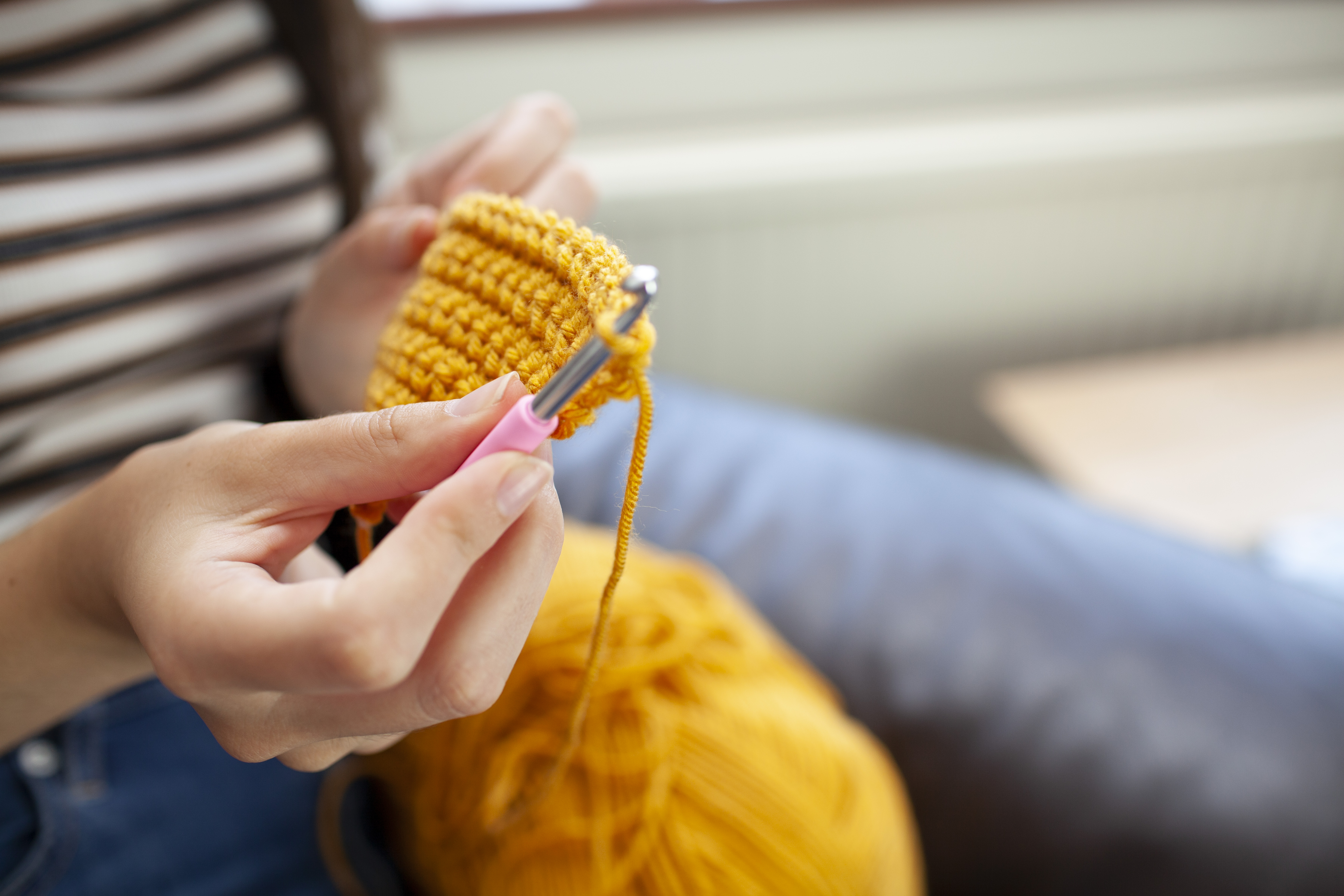 The week's good news: Jan. 18, 2024
The week's good news: Jan. 18, 2024Feature It wasn't all bad!
-
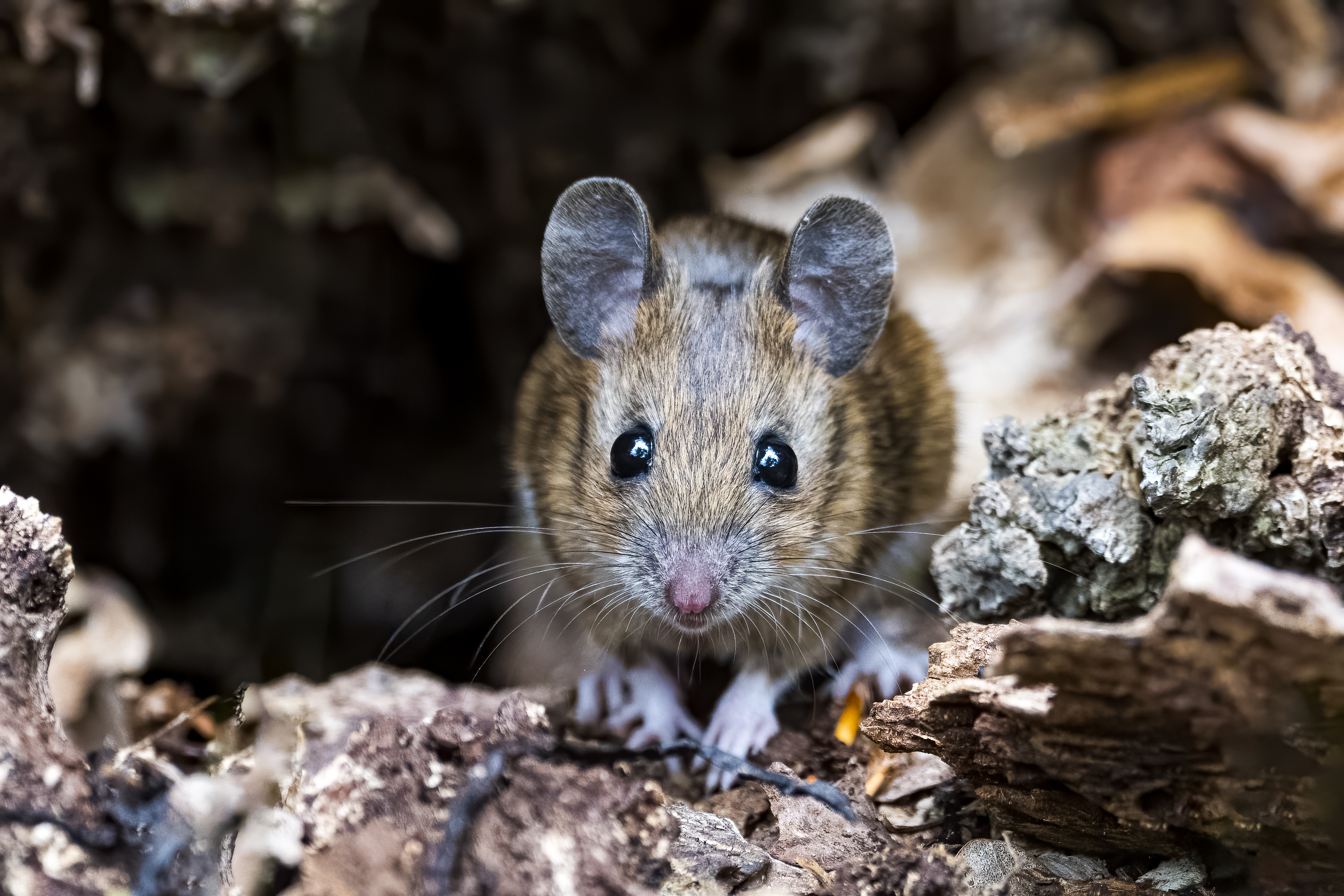 The week's good news: Jan. 11, 2024
The week's good news: Jan. 11, 2024Feature It wasn't all bad!
-
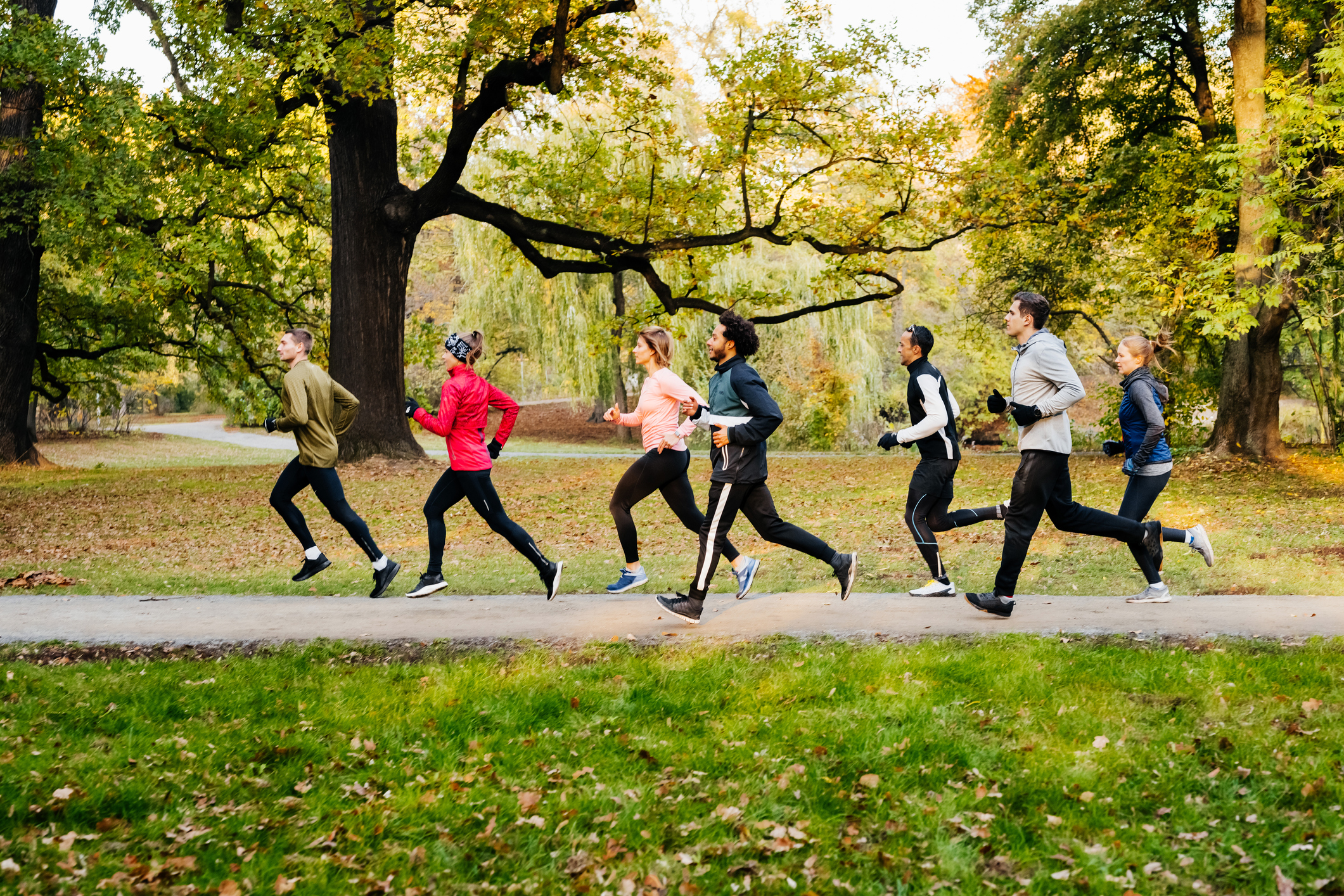 The week's good news: Jan. 4, 2023
The week's good news: Jan. 4, 2023Feature It wasn't all bad!
-
 The week's good news: Dec. 21, 2023
The week's good news: Dec. 21, 2023Feature It wasn't all bad!
-
 The week's good news: Dec. 14, 2023
The week's good news: Dec. 14, 2023Feature It wasn't all bad!
-
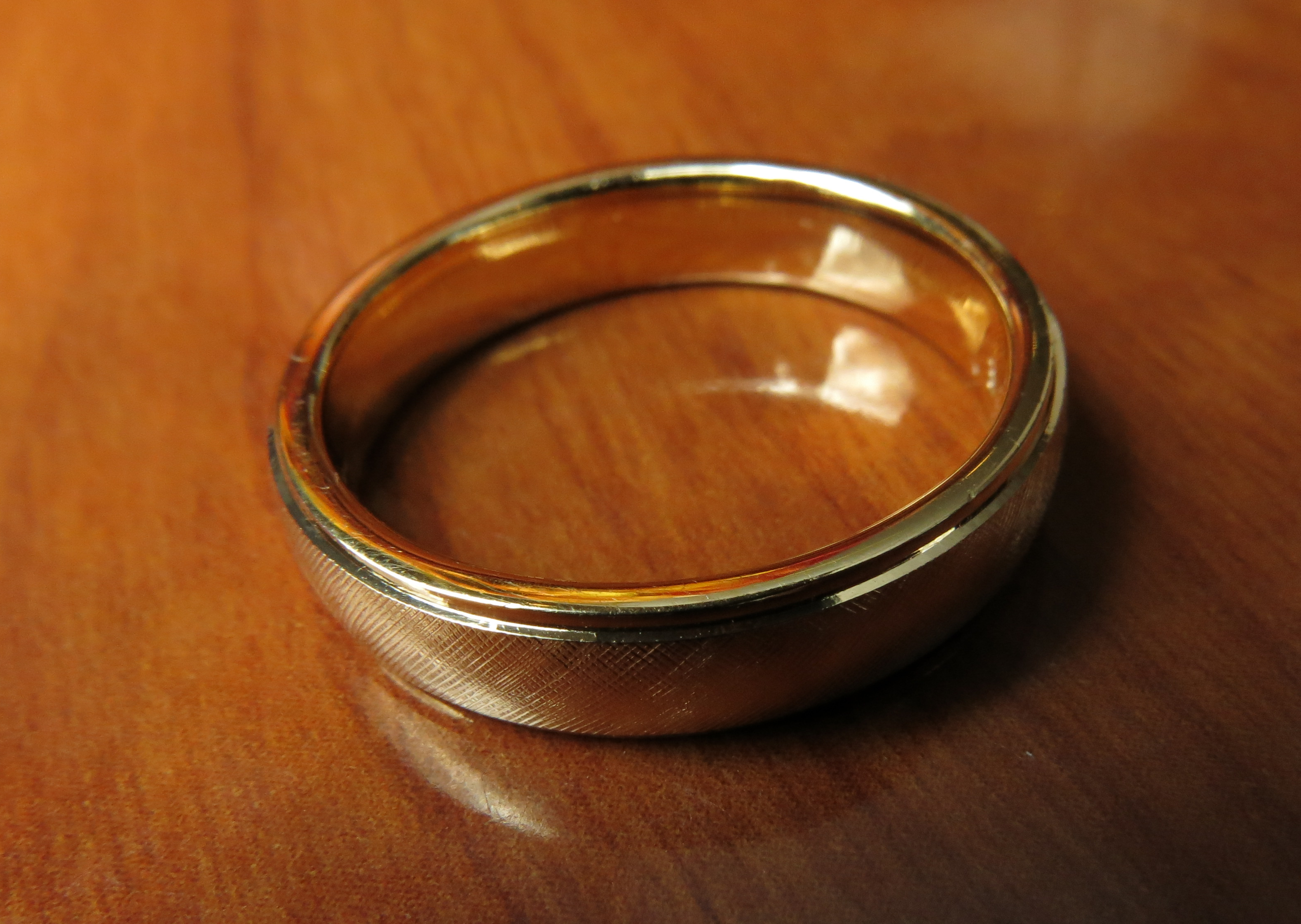 The week's good news: Dec. 7, 2023
The week's good news: Dec. 7, 2023Feature It wasn't all bad!
-
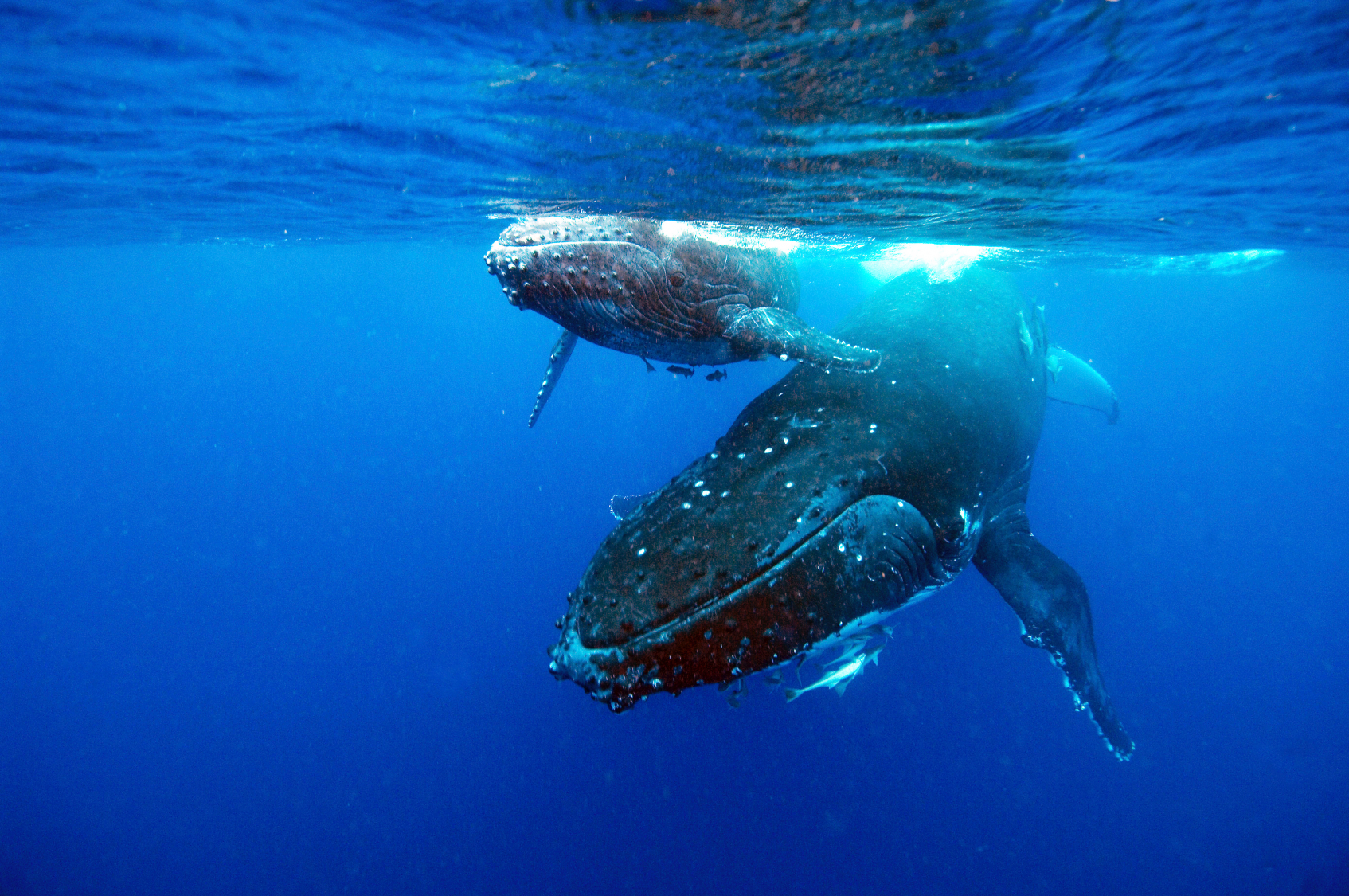 The week's good news: Nov. 30, 2023
The week's good news: Nov. 30, 2023Feature It wasn't all bad!
-
 The week's good news: Nov. 16, 2023
The week's good news: Nov. 16, 2023It wasn't all bad!
